
Male infertility following chemotherapy occurs as a result of damage to the germinal epithelium lining the tubules of the testis. Germinal epithelium lining is the section of the testicles where the germ cells from which sperm are produced reside. It is typical that younger patients and patients who take lower medication doses are less likely to experience impaired fertility comparing to older patients and patients who take higher doses of chemotherapy medications. Additionally some chemotherapy medications are more likely to result in infertility than the others. A chance of a man developing impaired spermatogenesis also depends on the type of cancer. Approximately 20% of males diagnosed with acute leukemias are estimated to experience some degree of subfertility following chemotherapy treatment.
On the other hand, men diagnosed with testicular cancers or Hodgkin's disease are much more likely to experience fertility related problems, more precisely 70% of males diagnosed with Hodgkin's disease or testicular carcinoma experience impaired fertility. It is also important to bring out that in cases of testicular carcinoma or Hodgkin's disease fertility is partially impaired as a result of the disease itself which means the fertility related problems are common even prior to chemotherapy.
Recovery after chemotherapy is possible but typically patient does not recover for at least 5 or more years. Not only fertility but males libido is often affected by chemotherapy treatment. A decrease in libido can be a direct result of the chemotherapy medications and their side effects or can be consequence of the psychosocial effects of the treatment and they may negatively affect a men's ability to conceive.



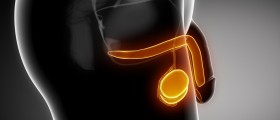


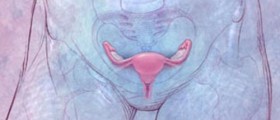
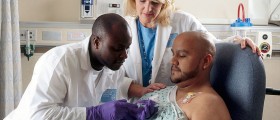





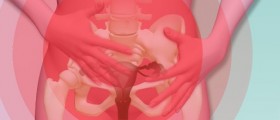

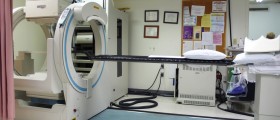
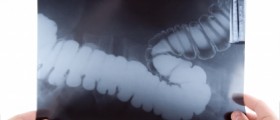
Your thoughts on this
Loading...